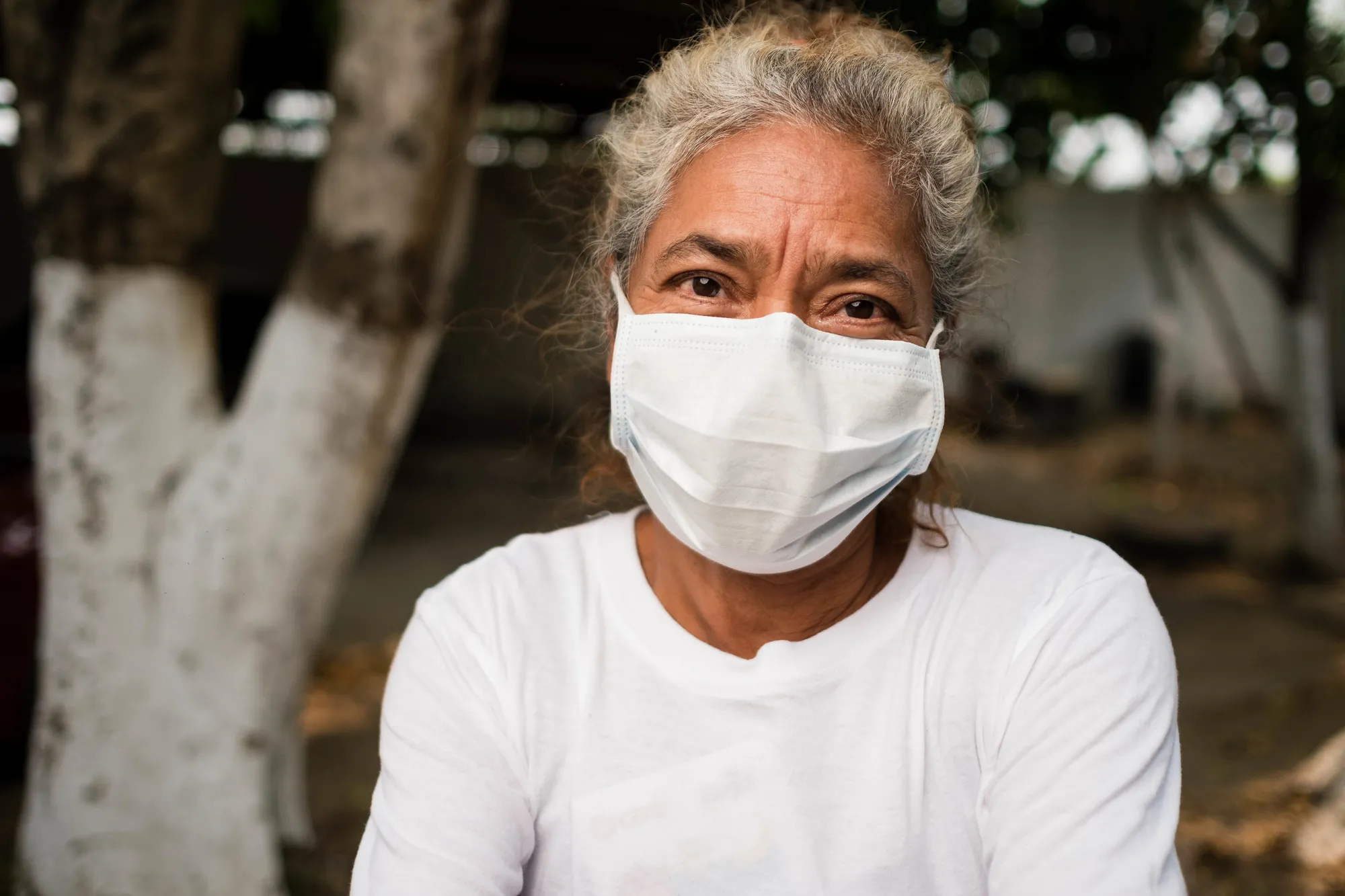Yes, you read that right: Just .3% of the 3.5 billion COVID-19 vaccines administered worldwide have reached low-income countries.
Africa is in last place in the race to beat back COVID. In places like Congo and South Sudan, vaccination percentages are as low as .1%, and in the midst of India’s deadly third wave of COVID, only 3.8% of the population is vaccinated.
Yet, in high-income and upper-middle income countries, vaccine distribution is as high as 85%, showing that not all vaccine delivery is equal.


